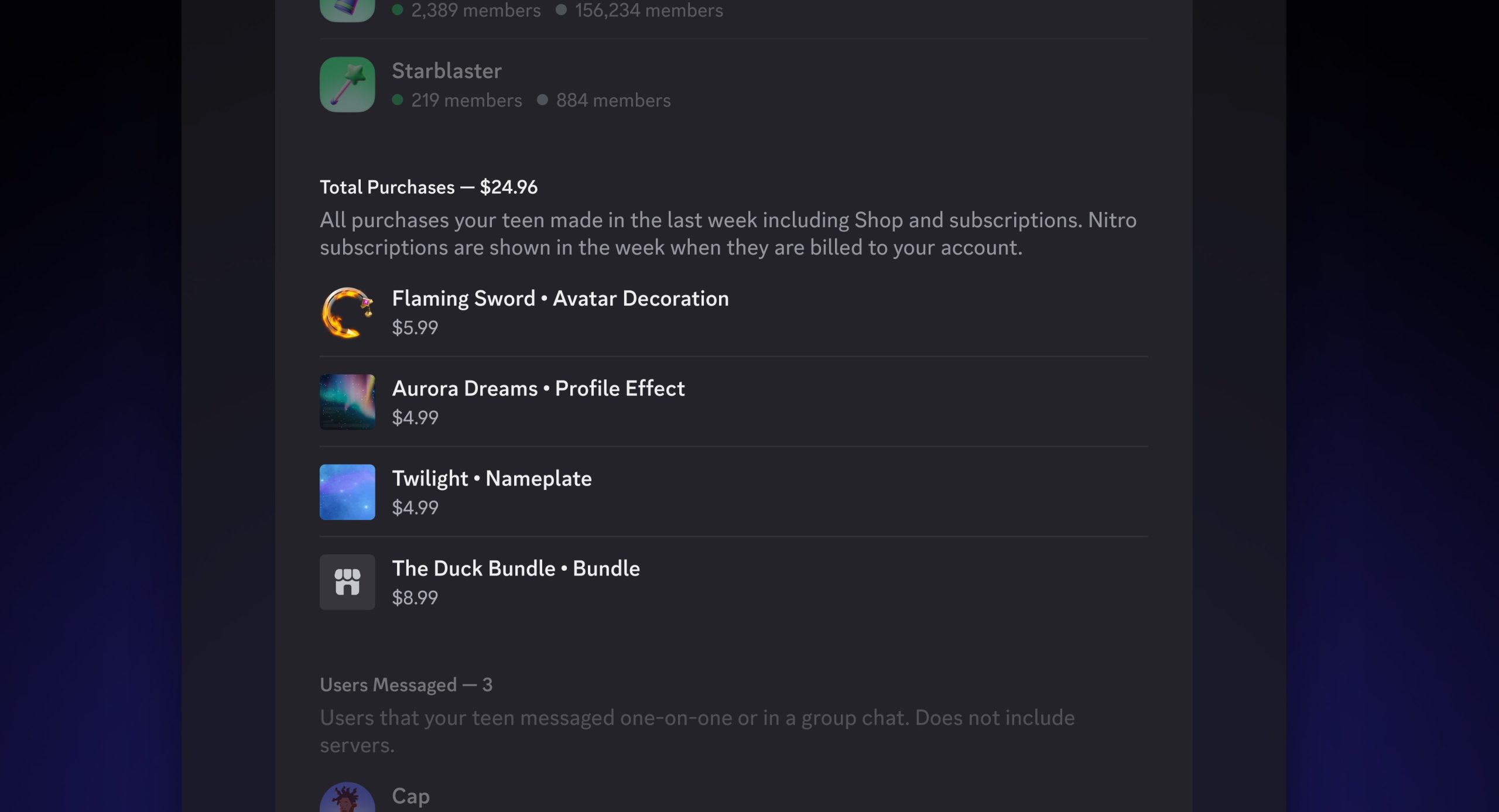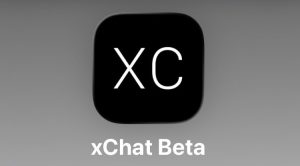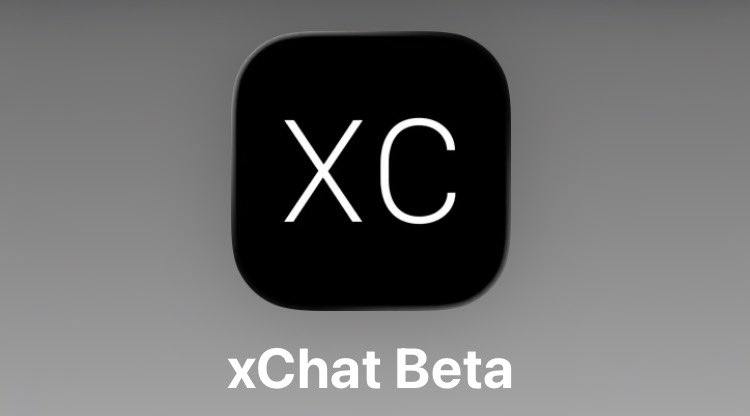
Discord, the widely popular communication platform known for its versatile voice, video, and text chat functionalities, has significantly expanded its Family Center features, offering guardians unprecedented insights into their teens’ online activities. These comprehensive updates aim to empower parents with a clearer understanding of their children’s digital engagement, encompassing everything from financial outlays on the platform to their social interactions and time spent in various channels. The move underscores an industry-wide commitment to fostering safer online environments for younger users, reflecting growing concerns about digital wellness and parental oversight in the modern digital landscape.
A Deeper Dive into New Monitoring Capabilities
The core of Discord’s latest Family Center enhancements revolves around providing guardians with granular data points that were previously unavailable. A key addition is the ability for parents to monitor their teen’s total purchases made within the last week. This includes a breakdown of expenditures on items from Discord’s integrated Shop, which offers various digital goods and customizations, as well as subscriptions to Discord Nitro. Nitro is the platform’s premium membership service, providing users with enhanced perks like custom emojis, higher quality video, larger file uploads, and server boosting capabilities. For many families, understanding and managing a teen’s digital spending is a crucial aspect of financial literacy and responsible online behavior, making this a particularly relevant addition.
Beyond financial tracking, the updated dashboard now displays the total time a teen has spent on voice and video calls. This metric encompasses interactions across direct messages (DMs), group chats, and the myriad of community servers, providing a holistic view of their verbal and visual communication patterns over the preceding seven days. In an era where screen time and digital engagement are constant topics of discussion, this feature offers parents a quantitative measure to assess potential excessive usage and to facilitate conversations about healthy online habits. Furthermore, guardians can now view the top five users and servers their teen has interacted with most frequently in the past week. This insight into primary social connections and community affiliations can be invaluable for parents seeking to understand their child’s online peer group and the types of content and discussions they are exposed to, without directly invading the privacy of specific conversations.
Empowering Parental Control Settings
In addition to increased visibility, Discord’s Family Center has introduced new parental control settings that can only be adjusted by guardians, providing a more robust framework for managing a teen’s online experience. Parents now have the power to control who can send direct messages to their teen, a critical safeguard against unwanted contact or potential harassment. This feature mirrors similar limitations implemented by other social networks like Instagram, Facebook, and Snapchat, which have progressively tightened restrictions on who can contact minors on their platforms.
Guardians can also activate a sensitive content filter, designed to screen and potentially block explicit or age-inappropriate material, thereby helping to create a safer browsing environment. Another significant enhancement allows parents to manage their teen’s data privacy controls directly. This includes determining how Discord utilizes their child’s data, such as whether personalized advertisements are displayed. In an age of heightened data privacy awareness, granting guardians control over these settings offers an added layer of protection and allows families to align Discord’s data practices with their personal preferences and values.
A nuanced aspect of these new controls is the option for teens, when reporting content on the platform, to notify their parents or guardians of their action. Discord has clarified that it will not disclose the specific content that was reported, instead encouraging teens to discuss such matters directly with their guardians. This approach attempts to strike a delicate balance between encouraging open communication within families and respecting the teen’s privacy and autonomy in reporting potentially sensitive issues.
Discord’s Journey: From Gaming Hub to Global Community Platform
To fully appreciate the significance of these updates, it’s essential to understand Discord’s evolution. Launched in 2015, Discord quickly carved out a niche as the premier communication platform for online gamers. Its robust voice chat, server-based structure, and ease of use made it indispensable for coordinating gameplay, fostering communities, and building friendships within the gaming world. However, over the years, Discord transcended its gaming origins, attracting a diverse array of communities centered around hobbies, educational pursuits, professional networking, and general social interaction. Today, it hosts millions of active users and hundreds of millions of communities, ranging from study groups and art collectives to music fan clubs and developer forums.
This expansion brought with it a broader demographic, including a substantial population of teenagers and young adults. While the platform’s open and customizable nature is a major draw, it also presents unique challenges in terms of moderation, safety, and content regulation. Unlike traditional social media platforms where profiles are often public and interactions more centralized, Discord’s server-based ecosystem can be more fragmented and, at times, less transparent to external oversight. This shift in user base and platform utility has naturally led to increased scrutiny regarding user safety, particularly for minors, prompting Discord to proactively develop and enhance its protective measures.
The Evolving Landscape of Online Youth Safety
The introduction of these advanced Family Center features by Discord is not an isolated incident but rather indicative of a sweeping trend across the technology industry. Over the past several years, public pressure, regulatory scrutiny, and growing awareness of the potential negative impacts of digital environments on youth mental health have compelled major tech companies to reassess and reinforce their safety protocols. Reports highlighting issues such as cyberbullying, exposure to inappropriate content, digital addiction, and privacy breaches have fueled a collective movement towards more responsible design and robust parental controls.
Companies like Meta (parent company of Instagram and Facebook), Snapchat, YouTube, and TikTok have all rolled out various updates aimed at bolstering teen safety. These initiatives have included stricter default privacy settings for minors, limitations on direct messaging from unknown adults, age verification measures, screen time management tools, and enhanced content filtering. Even AI companies, such as OpenAI and Character.AI, have had to iterate on their products to make them safer and more appropriate for younger users, demonstrating the pervasive nature of these concerns across all facets of the digital world. This concerted effort reflects a broader societal acknowledgment that while digital platforms offer immense benefits, they also carry inherent risks that require diligent management and proactive safeguarding, especially for vulnerable populations like teenagers.
Navigating the Balance: Privacy vs. Protection
Discord’s latest updates, while lauded by many parents, inevitably reignite the long-standing debate surrounding the delicate balance between a teen’s right to privacy and a parent’s responsibility to ensure their child’s safety. For digital natives, the online world is often an extension of their social and personal lives, where they seek autonomy and space to explore their identities. Excessive parental monitoring, some argue, can erode trust, stifle independence, and potentially lead teens to seek less transparent avenues for online interaction.
Conversely, for many parents, often digital immigrants themselves, the complexities and potential dangers of the online world can feel overwhelming. The desire to protect their children from cyber predators, harmful content, or financial exploitation is a powerful motivator for seeking greater visibility and control. Discord’s stated aim of allowing guardians to "play a more active role in creating a safer space online for teens while still respecting their privacy" attempts to bridge this gap. The design choice to allow teens to notify parents about reported content without disclosing the specifics exemplifies this effort, fostering communication without stripping away complete autonomy.
However, the efficacy of such tools often depends on how they are implemented and discussed within families. Experts in digital well-being frequently emphasize that parental controls are most effective when coupled with open dialogue, media literacy education, and mutual trust between parents and teens. Simply monitoring without conversation may address symptoms but not the underlying issues of digital citizenship and responsible online behavior.
Market and Cultural Implications
The expansion of Discord’s Family Center carries significant market and cultural implications. From a market perspective, robust safety features are becoming a competitive differentiator for platforms vying for the attention of younger demographics and their parents. Companies that demonstrate a strong commitment to youth safety may gain a reputational advantage and build trust with families, potentially leading to increased user adoption and retention. Conversely, platforms perceived as lax in their safety protocols risk public backlash, regulatory penalties, and a decline in user base.
Culturally, these updates reflect a continued evolution in the concept of "digital parenting." As technology becomes more integrated into daily life, the boundaries between online and offline experiences blur, requiring parents to adapt their guardianship strategies. The tools provided by Discord and other platforms are not just technical features; they are artifacts of a societal conversation about how to raise children in a hyper-connected world. They highlight the ongoing challenge of equipping teens with the skills to navigate complex digital environments while providing a safety net for when they encounter difficulties. The ability to track purchases, for instance, touches upon evolving cultural norms around discretionary spending in virtual economies, which often operate differently from traditional physical commerce.
In conclusion, Discord’s latest enhancements to its Family Center represent a significant step in the ongoing effort by technology companies to address the multifaceted challenges of youth online safety. By providing guardians with greater transparency into usage patterns, spending habits, and social interactions, alongside empowering parental control settings, Discord aims to foster a more secure and responsible environment for its younger users. This initiative is part of a broader industry trend, reflecting a collective response to societal concerns and regulatory pressures. While these tools offer valuable mechanisms for protection, their ultimate success will likely hinge on their ability to facilitate open communication and trust between parents and teens, navigating the delicate balance between necessary oversight and the cultivation of digital independence.







